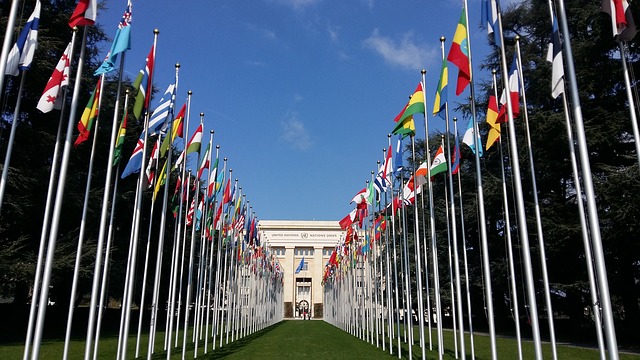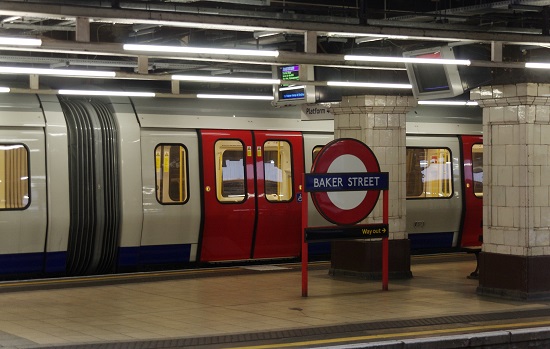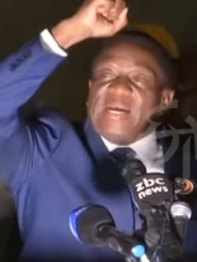Could the London property bubble be about to burst? Geoff Meen, Professor of Applied Economics at Reading, unpicks the reasons behind London’s falling house prices in a new post for The Conversation.
A simple way to inform parliamentary debate – submit your research to POST now!
The Parliamentary Office of Science and Technology (POST), supports parliamentarians by providing concise up-do-date reviews on topics that are likely to be debated in parliament in the coming months. POST, which also covers the social sciences, has put out an open call for academic researchers to contribute to policy reviews on a range of topics. Find out which topics will be covered and submit your research evidence to help inform parliamentary debate.
Sharing the benefits of research
The University of Reading recently took part in a Universities UK (UUK) and ITN Productions film exploring the positive impact that universities have on people’s lives, and on the prosperity of the UK. This short film looks at how we are sharing the benefits of research to address local, national and global challenges.
Alzheimer’s researcher invited to the Captains’ table in San Marino

Dr Francesco Tamagnini
A University of Reading researcher has been honoured with a reception in his home country of San Marino.
On the 13th of August 2018, the Most Excellent Regent Captains of the Republic of San Marino received in a private audience five San Marino citizens working abroad and excelling in their own respective fields.
Dr Francesco Tamagnini, Lecturer in Pharmacology at the University of Reading School of Pharmacy, was one of the five, and had the chance to talk about his research into Alzheimer’s Disease and how his career path took him from San Marino to Reading.
How London Zoo’s big ‘weigh in’ could help conservation in the wild
From popping lizards in pillow cases to tape-measuring a mamba, London Zoo has to come up with some creative methods for the annual weigh-in of its animals. But what can a zoo animal’s weight and size tell us about conservation of its wild counterparts? Zoo Keeper turned wildlife researcher Dr Tara Pirie explains more in a new post for The Conversation.
Every August, London Zoo weighs and measures every one of its 19,000 animals. It’s a great PR move for the zoo, guaranteeing lots of friendly coverage of photogenic animals on scales or next to tape measures, at a time when many politicians and journalists have clocked off for the summer. Continue reading
Zimbabwe’s Second Republic – What future?
Millions of Zimbabweans watched their new president Emmerson Mnangagwa deliver his inauguration speech on Sunday 26 August, and outline the plans for his ‘Second Republic’. Dr Heike Schmidt, Associate Professor of Modern African History, was watching closely to identify some of the problems with his proposals, and ponder just what hope there is for a truly democratic Zimbabwe under his rule.
As expected, the inauguration of Zimbabwe’s President Emmerson Mnangagwa was regulated by protocol.
Much attention was given, as always, to the military. Yet the pageantry and the speeches were an intriguing performance of power that sets the president and the party that has ruled the country since its independence in 1980, ZANU-PF, on a path that promises both continuity and change that will affect every Zimbabwean. Continue reading
DRC may provide model for containing future Ebola outbreaks
Ebola is back in the Democratic Republic of Congo – but thanks to a new vaccination strategy there’s no reason that a situation like the 2014 Ebola outbreak need ever happen again, says Reading’s Professor Ian Jones in a recent post for The Conversation.
Party preparations not halted by Zimbabwe’s court ruling
 As ZANU-PF celebrate election victory in Zimbabwe once again, Modern African Historian Dr Heike Schmidt says there was never any doubt over the outcome, despite the opposition’s legal challenge to the election results.
As ZANU-PF celebrate election victory in Zimbabwe once again, Modern African Historian Dr Heike Schmidt says there was never any doubt over the outcome, despite the opposition’s legal challenge to the election results.
According to reports from Zimbabwe’s capital Harare, the government started preparations for the presidential inauguration of Emmerson Mnangagwa hours before the Constitutional Court read its verdict on the opposition’s challenge to the August 2018 presidential election results.
That the court ruled in favour of Mnangagwa rather than to declare the elections flawed and to call for new elections within sixty days comes as no surprise to a nation that since 1980 has known only one ruling party, ZANU-PF.
Why the weather forecast will always be a bit wrong
Weather forecasting is extremely hard – it is a prediction of something that is inherently unpredictable. Reading scientist Jon Shonk explains why forecasts will never be completely accurate, despite improvements in forecast skill over the decades.
The science of weather forecasting falls to public scrutiny every single day. When the forecast is correct, we rarely comment, but we are often quick to complain when the forecast is wrong. Are we ever likely to achieve a perfect forecast that is accurate to the hour?
Kofi Annan: his legacy is not perfect, but he helped improve millions of lives
Reading’s Professor Rosa Freedman and Professor Aoife O’Donoghue of Durham University consider the legacy of the late former UN Secretary-General in a new post for The Conversation.

The passing of Kofi Annan, former United Nations Secretary-General and Nobel Peace Prize laureate, has been met with tributes from all around the world. His home country, Ghana, declared a week of national mourning.
Annan rose through the ranks of the UN to become the first black African to head the organisation, and his many achievements are rightly being celebrated. Under his tenure, human rights and development were put at the forefront of all UN work, ensuring that the organisation focused on all people in all parts of our global society. Courageously, he was also the first UN Secretary-General to recognise and condemn the UN’s disproportionate focus on Israel as a human rights violator compared to many other similar or worse offenders.
It is also right to remember that on his watch, the UN’s reputation was tarnished by two of its worst stains. He was head of UN peacekeeping at the time when genocides were perpetrated in Rwanda and the Former Republic of Yugoslavia while UN peacekeepers stood by and did nothing, and he was in charge of the UN during the oil-for-food scandal in Iraq.
But as a whole, Annan’s life and work will nonetheless be celebrated for a long time to come.






